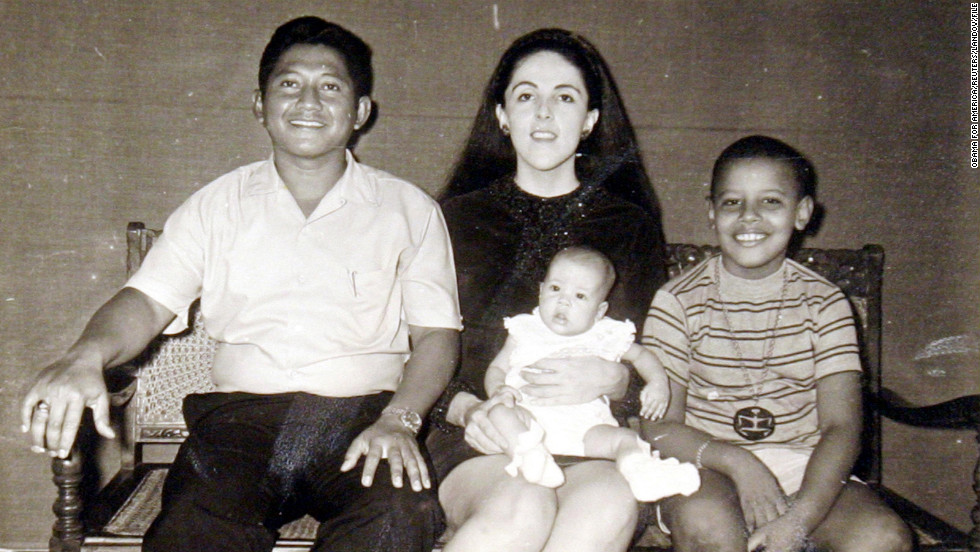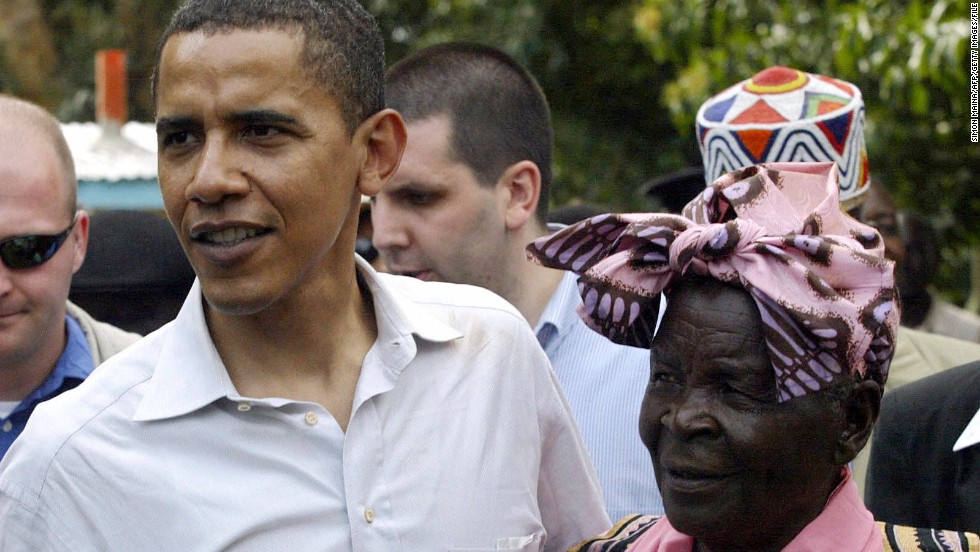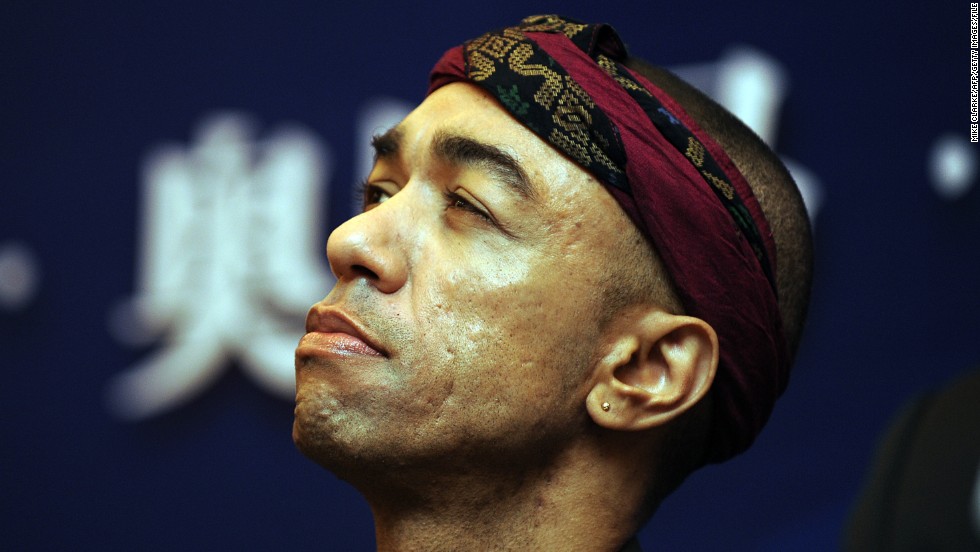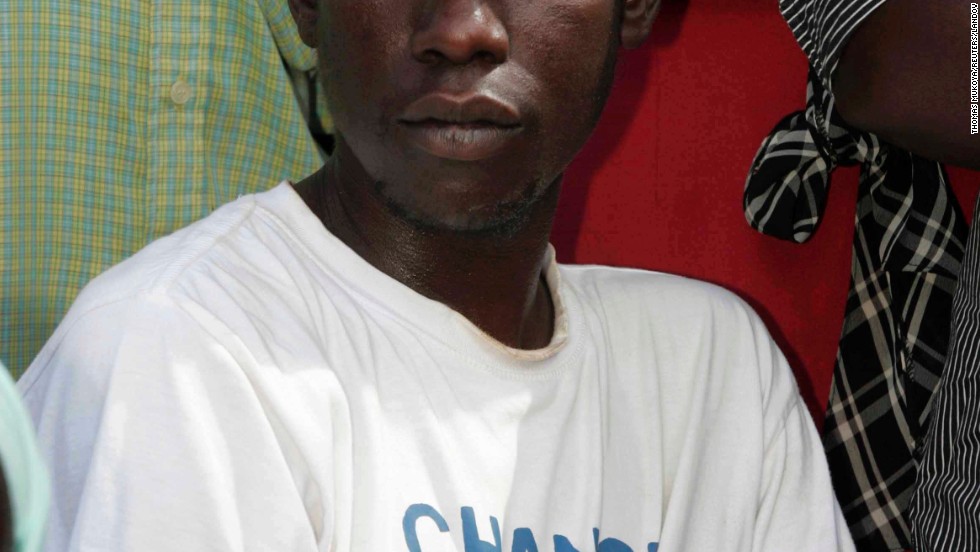Story highlights
- If Obama wins on Tuesday, he will govern a deeply divided nation
- There will be no time to heal post-election wounds with fiscal cliff approaching
- Looming fight over tax increases, spending cuts when Congress returns after election
- Most Democrats contacted by CNN see a good chance for some kind of immigration reform
At a Friday morning rally in Hilliard, Ohio, Democratic former Gov. Ted Strickland exhorted the audience to vote for President Barack Obama because GOP hopeful Mitt Romney and vice presidential candidate Paul Ryan have "to fake compassion."
If you think that sounds unusually cutting, go a few hundred miles across the country to a Romney rally where Sen. Ron Johnson, R-Wisconsin, told his home state crowd he wonders of the president, "How much do you really love the country you are in charge of?"
These aren't average campaign season contrasts. Coming from mainstream political leaders, they reflect a bitter mood in the political class that will make governing hard no matter who wins on Election Day.
Adding to the level of difficulty, the partisan balance of Congress is likely to remain essentially the same. Democrats are poised to retain control of the Senate but with a smaller margin. Republicans are expected to retain power in the House also with a narrower majority. Divided control with parties wielding even less power in each chamber means consensus will be even more illusory.
If Obama is victorious on Tuesday, he will govern a deeply divided nation, and he will not have a grace period to heal post-election wounds. That's because looming deadlines demand that the president barrel straight into a headlock with Congress over budget cuts and tax changes shorthanded by Washington as the "fiscal cliff." That fight has the potential to exacerbate already raw feelings.
Senior Democrats say the president's approach to fiscal cliff negotiations depends on how Republicans react to the election. Some believe an Obama victory will force a self-evaluation by the Republican Party.
"We have two parties for a reason, and theirs is a very riven party right now," senior Obama campaign adviser David Axelrod said. "There are elements of theirs that will evaluate results to be more ideological, and others will say that would be a mistake. They will have to resolve their own issues."
The following came from interviews with a dozen senior Democrats close to the White House or involved in discussions related to the president's agenda. Most spoke anonymously because they weren't comfortable discussing post-election matters without White House approval.
Fiscal cliff
Obama will turn to negotiations over the fiscal cliff quickly after Tuesday, sources close to the president said.
In the lead-up to the new year, the nation's leaders will face three events in quick succession. First, the Bush-era tax cuts will expire on December 31, triggering a return to higher Clinton-era rates unless new policy is set. Second, $1.2 trillion of painful automatic budget cuts will be triggered --- the so-called "sequester" -- unless Congress finds an alternate path to bring that sum into the nation's coffers. Third, the country will hit a new debt ceiling in mid-spring. These events, especially the sequester, could have a devastating impact on the economy, pushing it over the fiscal cliff.
"That's a cliff no one wants to go over," Axelrod said.
Democrats and Republicans largely agree that the cleanest solution is to effectively address all three crises with a massive reform effort that would both cut government spending and bring in more revenue. It would include changes to the personal tax code, entitlements and debt reduction targets.
But, as usual, the devil's in the details.
Obama administration officials have told CNN the president will veto any package that extends the Bush-era tax cuts for those making $250,000 a year or more.
"I've already signed a trillion dollars' worth of spending cuts. I intend to do more, but if we're serious about the deficit, we also have to ask the wealthiest Americans to go back to the rates that they paid when Bill Clinton was in office," the president has said on the trail as recently as Friday.
In an e-mailed statement Obama campaign policy director James Kvaal got more specific, explaining that the president wants "a balanced plan that cuts the deficit by $4 trillion with $2.50 worth of spending cuts for every dollar in revenue and reduces spending on Medicare, Medicaid and other entitlements."
If a spirit of compromise grips the capital post-election, the best-case scenario is a framework deal: In November and December the parties agree to general targets for revenue increases and spending cuts plus new tax terms and then work out the details six or nine months down the road. In this rosy scenario, the nation avoids a New Year's tax hike and the ugly sequester.
Sen. Dick Durbin, D-Illinois, says he thinks it can be done.
"We have a chance in the lame duck to at least start the process, and I think there's a chance to rally bipartisan support," he said. "These are basic issues we can work out, and the president is in a position to do that."
The rumor mill is whirring with talk of a bipartisan retreat at Camp David -- an idea that was considered and rejected during the never-ending debt negotiations last summer.
Not everyone is so sunny.
Several Democrats say the president has learned from past negotiations with House Republicans and this time will be ready to stand his ground. One top Democrat with close ties to leaders on Capitol Hill and the White House said, "Obama's leverage is he doesn't have to do anything and everyone's taxes go up."
"That's a huge forcing mechanism," one added.
And the senior Democrats CNN talked to almost uniformly agreed the president is prepared to allow that increase, which would affect personal income tax, the estate tax, dividends and capital gains taxes.
Adding to the potential for a protracted struggle, it's widely believed that the $1.2 trillion in spending cuts kick in immediately at the start of 2013. However, multiple sources aware of talks said there is plenty of wiggle room and that austerity cuts could be pushed back for months.
As a result -- in theory at least -- negotiations could continue before the economy takes a direct hit.
Durbin insists that Obama is hoping for the best over the tax cuts and sequester, but he says the president won't yield on either:
"The president isn't going to put either gun in the holster until we have this showdown under way," Durbin said.
Immigration reform
Comprehensive immigration reform was a pledge Obama made as a candidate and broke as president. Although he took steps to ease restrictions on the children of undocumented workers late in his first term, he once again vowed to turn his attention toward the issue at the beginning of a second term.
Placing the blame on Republicans for blocking congressional efforts for reform, Obama told Rolling Stone magazine that the GOP would move on immigration because Republicans will "start recognizing that alienating the fastest-growing segments of our society is probably not good politics for them.
"Should I win a second term, a big reason I will win a second term is because the Republican nominee and the Republican Party have so alienated Latinos," Obama told the Des Moines Register.
Durbin, a co-sponsor of the DREAM Act, expressed similar confidence in a future agreement.
"Republican senators have come to me privately saying let's get this done after the election," he said.
The senior senator said he expects Democrats will propose comprehensive immigration reform legislation that would include work visas and relief for agriculture workers.
In a statement emailed to CNN, Kvaal said an Obama immigration plan would "strengthen enforcement of immigration laws at the border and hold unscrupulous employers accountable. Those here illegally would be required to register and get right with the law, pay taxes and fines, learn English and submit to background checks before they can get in line to apply for a legal status. And it would strengthen our legal immigration system by attracting the best and brightest from around the world, give farmers a legal way to hire workers and reunite families rather than splitting them apart."
Every Democrat interviewed by CNN agreed there would be a move toward a comprehensive plan, but some were less optimistic it would be as far-reaching.
"DREAM Act-plus is more likely," one Democrat suggested.
Another senior Democrat expects the president to "go for comprehensive reform and see whether there are any takers."
Working with Congress
The president says if he's re-elected he hopes the Republican Party will change.
"I believe that if we're successful in this election, when we're successful in this election, that the fever may break," the president said in June in reference to the GOP. "My hope, my expectation, is that after the election, now that it turns out that the goal of beating Obama doesn't make much sense because I'm not running again, then we can start getting some cooperation again."
Axelrod, the president's long-time adviser, argued that an Obama win could cause a shift in the opposing party:
"I've always believed there are Republicans who are locked in by the dynamics of their own party and know the American people want them to cooperate where they can. Our goal is to liberate these Republicans of goodwill to see a bright new day and tell the Grover Norquists of the world to take a hike," Axelrod said.
But more Democrats expect the change to come from the other end of Pennsylvania Avenue: from the president himself.
Asked what the president learned from his first term, a senior Democrat said, "He'd rather work with them (Republicans) than against them." But the source wasn't optimistic, quickly adding, "He won't give them two years to jerk him around like he did last time."
That was a sentiment echoed by every Democrat contacted by CNN. One said the president learned from his first term that "being president is a continual campaign and can't separate legislating from the campaign."
Another argued that Obama will have more success if he builds relationships away from Capitol Hill.
"He will have to find major expressions of trying to bring people together that don't just involve trying to cut deals with GOP in Congress. At the end of the day they have his number on that. They can assure he's unsuccessful," the Democrat argued.
It's not lost on the president. In an interview over the summer, he said if he's re-elected he hopes to work with Republicans, but if they won't compromise to his liking, "I'll work around them."
Some insist Senate Minority Leader Mitch McConnell, in particular, is facing a decision point.
In 2010 McConnell famously said his party's top priority was to make Obama a one-term president. This Democrat pointed out McConnell will be up for re-election in 2014 and posed a question.
"Does he want to go into his re-election cycle as obstructionist in chief? That will be a big choice he'll have to make."
However, McConnell represents Kentucky, a consistently Republican state that most recently sent tea party advocate Rand Paul to the Senate. Battling the leader of the Democratic Party could be good politics for the senior Republican senator.
The rest
The other bites at the apple could include corporate tax reform and the use of executive authority to promote a clean energy agenda. Given the current politics, realistic Democrats say the most the president is likely to get on energy legislation is a reauthorization of the administration's clean energy tax credits.
There is not much political will to promote spending on infrastructure, though the president often discusses putting construction workers back to work. There are ways he can front-load spending on infrastructure investment already in the pipeline, but beyond this his opportunities seem limited.
After about 18 months, the nation's capitol will turn to the midterm elections and members of Congress who are up for re-election. This is typically when a second-term president focuses a great deal on the other side of his portfolio: traveling the world as a solo actor, commander-in-chief.
Despite the challenges, senior White House adviser David Plouffe sounded optimistic about the state of play past November 7.
"Campaigns are tough. Folks in Congress, people understand campaigns are tough. We've got big challenges," Plouffe said. "When that's over people will dust themselves off and attention will appropriately turn to that away from politics."












































